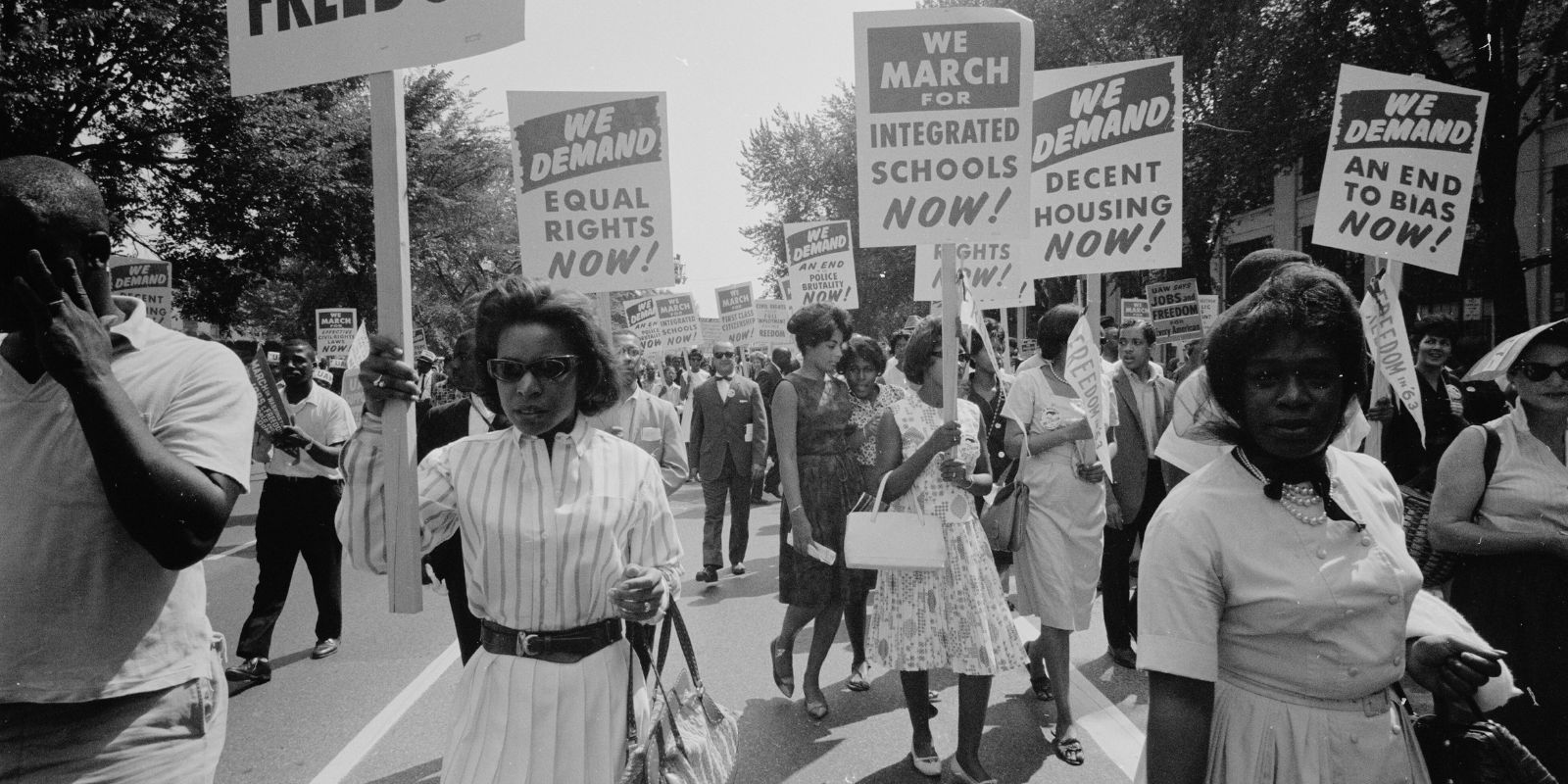What Happened On June 19th?
On June 19, 1964, the U.S. Senate made a decision that profoundly changed American society. After a long and difficult fight, the Senate passed the Civil Rights Act of 1964. This law aimed to end segregation and discrimination based on race, color, religion, sex, or national origin. It was not just a legal change but a big step toward justice and equality in the United States.
The Civil Rights Movement, which had gained momentum throughout the 1950s and early 1960s, set the stage for this essential law. Leaders like Martin Luther King Jr., Rosa Parks, and many others tirelessly advocated for equal rights and the end of Jim Crow laws.
The Struggle In The Senate
The Senate, known for its slow and deliberate process, became the battleground where the Civil Rights Act faced its toughest challenges. Southern senators, led by Richard Russell of Georgia, strongly opposed the bill. They launched a filibuster, a tactic used to prolong debate and delay or prevent a vote on the bill. The filibuster against the Civil Rights Act lasted for a record 60 days, the longest in Senate history at that time.
Senator Robert Byrd of West Virginia spoke for over 14 hours in one of the longest speeches of the filibuster, showing the deep resistance to the bill. However, the supporters of the act, led by Senate Majority Leader Mike Mansfield and Senator Hubert Humphrey, remained determined to see the legislation through. They worked tirelessly to gather the necessary votes to end the debate and bring the bill to a vote.
The Role Of President Lyndon B. Johnson
President Lyndon B. Johnson, who took office after the assassination of John F. Kennedy in 1963, used his political skills and influence to gain support for the bill. Johnson, a Southerner himself, appealed to the conscience of the nation, emphasizing the moral need to end racial injustice. His famous address to Congress in March 1964, where he declared “We shall overcome,” resonated deeply and showed his commitment to civil rights.

Johnson’s administration worked closely with civil rights leaders and lawmakers to navigate the bill through the legislative process. The president’s ability to persuade and negotiate was instrumental in breaking the filibuster and ensuring the bill’s passage.
Break The Filibuster
On June 10, 1964, the Senate successfully ended the filibuster for the first time on a civil rights bill, with a 71-29 vote. This move paved the way for the final vote on the Civil Rights Act. The Senate’s ability to overcome such strong opposition showed the growing recognition of the need for comprehensive civil rights legislation.
The final vote took place on June 19, 1964. The Senate passed the Civil Rights Act with a vote of 73 to 27. This decisive victory was a testament to the tireless efforts of civil rights activists, sympathetic lawmakers, and a president committed to justice.
Key Provisions Of The Act
The Civil Rights Act of 1964 addressed various aspects of discrimination and segregation. Title II of the Act banned discrimination in public places, including hotels, restaurants, and theaters, ending the legal basis for segregation in these places. Title VI banned discrimination by government agencies that received federal funds, which meant that schools and other institutions could not discriminate and still receive federal support.
Title VII created the Equal Employment Opportunity Commission (EEOC) and prohibited employment discrimination based on race, color, religion, sex, or national origin. This was a major step toward ensuring equal job opportunities for all Americans.
The March Towards Freedom
The passage of the Civil Rights Act of 1964 reshaped American history. It laid the foundation for future civil rights laws and set a precedent for federal involvement in the fight against discrimination. The Act also inspired further action, leading to the Voting Rights Act of 1965, which aimed to eliminate barriers to voting for African Americans.

The Civil Rights Act strengthened the Civil Rights Movement, providing activists with a powerful tool to challenge discriminatory practices. The Act’s enforcement mechanisms allowed for legal challenges to discrimination, which helped to dismantle institutional racism.
The impact of the Civil Rights Act extended beyond legislative halls into the lives of countless Americans. African American students who were previously barred from certain schools due to segregation could now attend these institutions, opening up new opportunities for education and advancement.
Workers who faced discrimination in hiring and promotions found a legal avenue to seek redress, leading to more diverse workplaces and a gradual shift in societal attitudes towards employment equity. The Act also provided a sense of validation and hope to civil rights activists who had endured immense struggles and sacrifices to bring about change.





